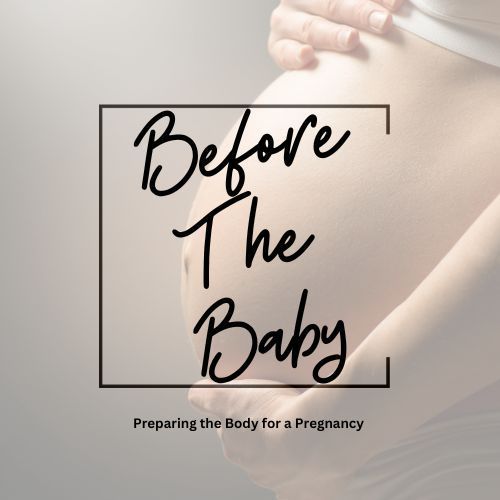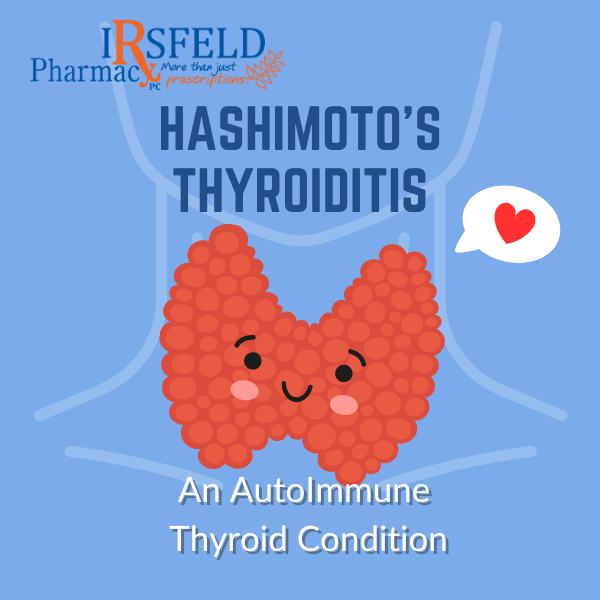The "pre" before the pregnancy

It would be interesting to see the demographics of the readers of this weekly article, but my assumption is that the majority is middle-aged or older. Why do I say that? Many of the people we treat at the pharmacy are of that age. It is also not uncommon to hear people tell me that the print in the newspaper is too small and how I can get the Press to make it bigger so they can read it. Those comments also indicate people reading the newspaper are an older percentage of the population.
Preconception medicine is probably not a prime topic for many readers, but if you have children or grandchildren of the same age who are looking to start a family, you may want to consider forwarding this article to them, as it contains some really good information on this subject.
The definition of preconception for the sake of this article, as there are several definitions, is occurrence before fertilization of an ovum, as in genetic counseling or the time in a relationship before a baby is conceived. Why is this a critical time for both the female and the male to be in an ideal state before having a baby? The answer is obvious: to create a strong and healthy infant.
The first thought is to clean up our bodies, and we can do that with a detoxification protocol. The importance of detoxing centers around the fact that toxins can be detrimental to our systems. A growing body of literature suggests that there may be an association between toxin exposure and some chronic conditions, such as chronic fatigue syndrome, fibromyalgia, and atherosclerosis, along with many other chronic diseases and illnesses.
We know that our bodies are excellent detoxifiers. However, some toxins can build up and be stored in our fat tissue. Eventually, if these toxins are left unchecked, they can be sources of inflammation, and as we know, inflammation can promote chronic disease and illnesses. Toxins can also affect our microbiome, the bacteria littering our intestinal tract, disrupting it, or killing it off. Knowing that toxins are in the environment is the first step in understanding that toxins are a problem.
In a study spearheaded by the Environmental Working Group and Commonweal, researchers at two major laboratories found an average of 200 industrial chemicals and pollutants in umbilical cord blood from 10 babies born in August and September of 2004 in U.S. hospitals. Tests revealed a total of 287 chemicals in the group. The umbilical cord blood of these ten children, collected by the Red Cross after the cord was cut, contained pesticides, consumer product ingredients, and wastes from burning coal, gasoline, and garbage.
A detox protocol is good at removing toxins, but avoiding toxins is another part of the equation. The goal would be to clean up the body, as any amount of toxic burden, especially for the mother, would be directly transferred to the baby once pregnancy occurs. Detoxing is something most don’t think about as they eat processed and fast foods, pump gas, and expose themselves to self-care products, but many just don’t know that this is a problem.
An article written by Jodie Lisenbee BS, CD from the University of North Carolina entitled A Guide to Preconception Health Consideration listed the following items revolving around nutrients and lifestyle as necessary in preconception:
• Taking a daily vitamin that contains folic acid is a recommendation that has been around for many years. Starting folic acid supplementation before conception can reduce the risk of neural tube defects during the initial stages of pregnancy.
• Build up your calcium and iron stores during preconception, as calcium deficiency can negatively impact the fetus’s bone density, which may lead to osteoporosis later in life.
• Women with excess weight are at higher risk for infertility, miscarriage, and complications. If you struggle to maintain a healthy weight, consider talking with a dietitian about a weight loss plan during preconception. Always consider sustainable weight-related behaviors.
• Exercise is beneficial. Try activities that involve all major muscle groups. Incorporate movement that strengthens your core and back muscles to support the physical bodily changes during pregnancy.
• Routine dental cleanings and check-ups every six months and ongoing oral self-care are essential. There have been studies indicating a possible link between gum disease and preterm birth or low infant birth weight.
• Sleep is a nutrient, just like the intake of healthy food.
Another thing to consider is the consumption or supplementation ofomega-3 fish oil. There is limited study on the use of omega-3 fatty acids in preconception; however, one study from 2011 showed a positive effect of omega-3 supplementation on estradiol levels, follicles, and embryo morphology. The recommendation was to eat fish twice weekly to obtain this result.
In my opinion, getting the body ready to have a baby is not rocket science. If you look at the bulleted items above, they are pretty common-sense ideas, and the lifestyle items are things that we should all be doing. In today's busy and stress-filled world, lifestyle modification can be difficult, but ensuring that your body is in a healthy state is best for helping you conceive and also for improving your chance of having a healthy baby.
Please stop in or call the pharmacy at 701-483-4858 if you would like further information on supplements for preconception. You can access this and other articles on our website at irsfeldpharmacy.com.
Until next time, be vigilant about your health!!












Share On: